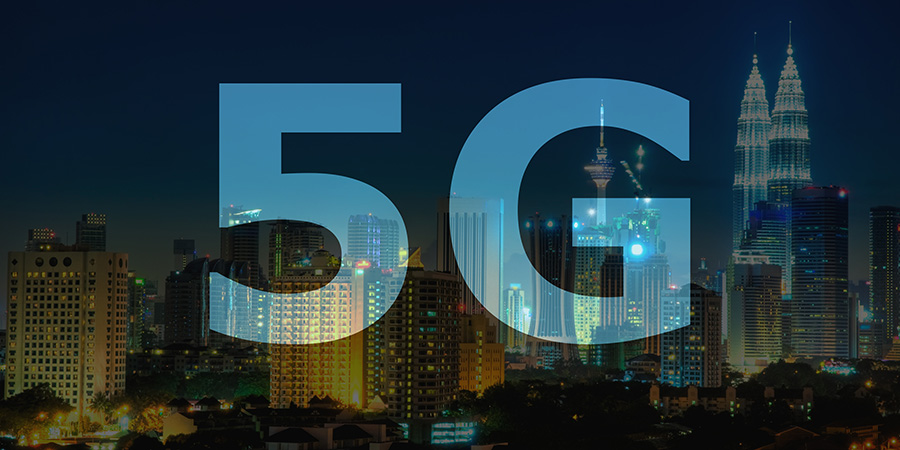Communications Minister and government spokesman, Fahmi Fadzil, has provided clarity on the forthcoming decision-making process regarding Malaysia's 5G network. Once the 5G Task Force formulates its decision, it will be presented to the cabinet for in-depth consideration.
Fadzil assured a prompt decision, emphasizing the government's commitment to swiftly evaluate and announce a potential shift from a single to a dual 5G network coverage.
"The government will not take long to consider and make an announcement of a shift from a single to dual 5G network coverage," he said. "After that, the dual 5G can be implemented if the terms agreed by the task force are achieved."
The upcoming meeting, chaired by the heads of the treasury and the communications ministry, will be attended by representatives from the country's telecom operators, including the wholesale 5G operator, Digital Nasional Berhad (DNB).
Fadzil had previously confirmed in May that Malaysia intended to deploy a second wholesale 5G network to compete with its first.
Prime Minister, Anwar Ibrahim, who initially opposed the creation of a state-owned monopoly telecoms network, ordered a review of the tender process after coming to power. He aimed to establish a competing wholesaler to ensure fair competition and pricing negotiation leverage for the telecom operators.
In October, Ibrahim's attendance at Huawei's Malaysia ICT Summit in Kuala Lumpur raised eyebrows, as he suggested that the Chinese telecom giant, despite being banned in several Western markets, might be considered for Malaysia's new 5G network. The move garnered warnings from the US and EU, advising against the use of Huawei's 5G network equipment.
The 5G Task Force's decisions will be closely monitored for any indications of Huawei’s entrance, given the controversy surrounding the company's involvement in global 5G infrastructure.
DNB’s Network Expansion
Meanwhile, DNB, the existing wholesale 5G operator, seems to be making strides. Fadzil reported that DNB's 5G network covered 80.2% of the population by the end of December, slightly exceeding its target of 80%. At the end of October, the network had 3.6 million subscribers, representing an adoption rate of 10.8%.
In the same period, DNB announced that the country's five Mobile Network Operators (MNOs) executed their share subscription agreements, each taking a 14% stake in the company. The government will retain a 30% stake along with a golden share, settling ownership issues and allowing the 5G Task Force to progress with its work on the establishment of the second wholesaler.
As plans for the second 5G network unfold, all eyes will be on the government's decisions, hoping for a smoother reception than the initial controversial formation of the first network.





